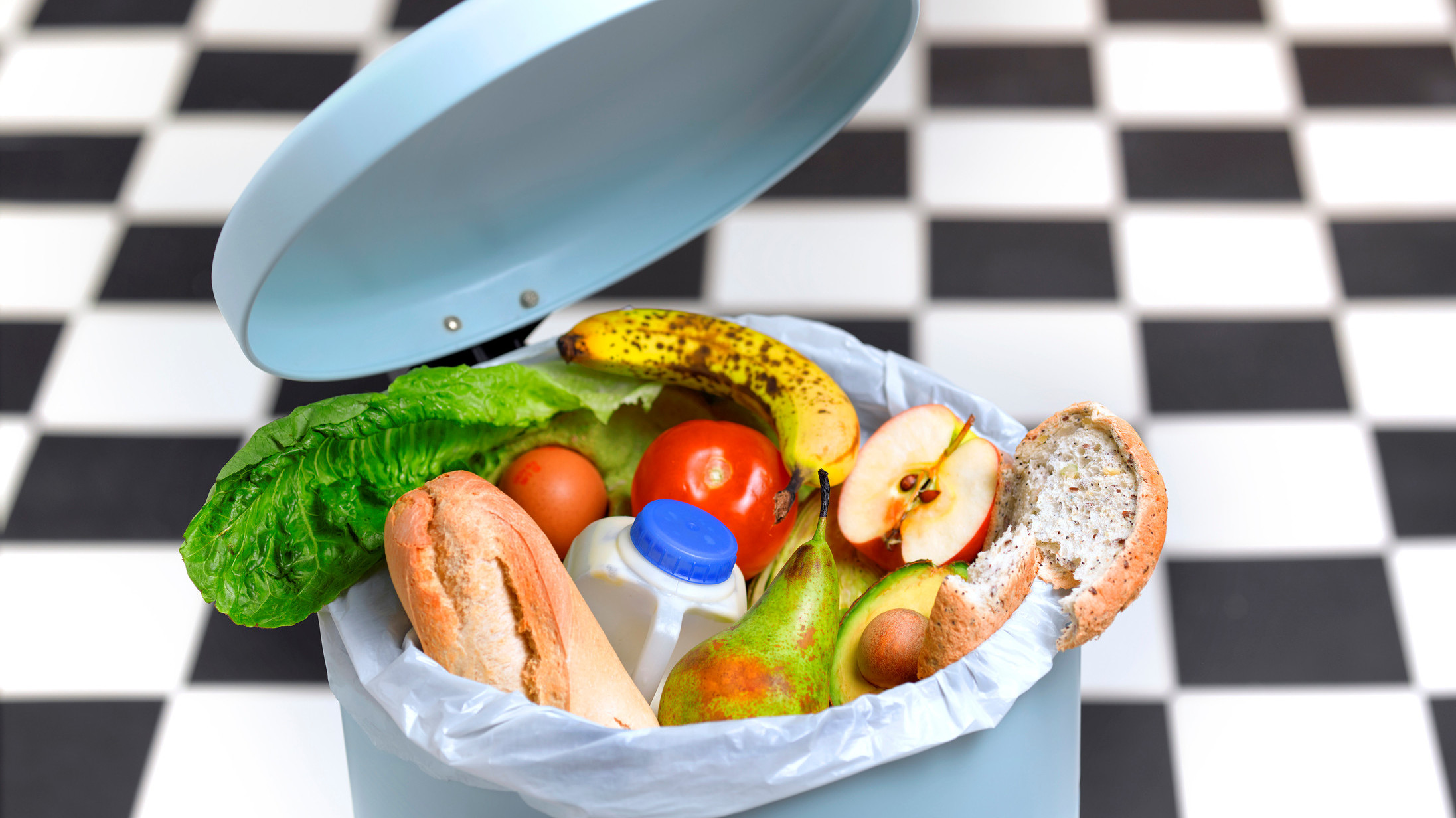One (And Only One) Nice Thing About COVID: It May Be Reducing Food Waste
Remember all those articles from the Beforetimes about how we wasted disgusting quantities of food because we bought stuff and then shoved it to the back of the fridge or a cabinet and then forgot about it until after it had expired and started to smell? Well, good news, my fellow Americans: It's possible that quarantine may be curing of us our wasteful ways!
Over at the Washington Post, Rachael Jackson, founder of the website Eat or Toss?, talked to several food waste experts about how and why Americans'—and Brits'—consumption habits have changed in quarantine. As Dana Gunders, executive director of ReFED, a nonprofit devoted to fighting food waste, says, "This moment has created a forced opportunity for people to really improve their food management habits." ReFED has, in fact, published a report on that very subject.
In the U.S., quarantine has forced people to cook more of their meals at home. It has also limited the number of trips they're willing to make to the grocery store. Ergo: more careful meal-planning and a greater willingness to improvise meals out of ingredients in the fridge before they go bad. Recurring grocery deliveries may encourage customers to get better at calculating supply and demand.
Working from home also means that people have more time spend on meal prep and food preservation—Jackson talks to one food waste expert who multitasked during a work call and blanched and froze some asparagus that was about to go bad—and are less likely to throw homemade lunches away in favor of going out with colleagues.
One study in the UK showed that the amount of self-reported food waste dropped by a third between November and April.
"The thing about household food waste reduction is that it really starts with a mind-set change," said Madeline Keating, who manages food waste for the Natural Resources Defense Council in Colorado. "It's about being intentional about your purchases, taking the time you need to make a list, following the list and then doing inventory management ... That just takes a certain level of dedication, and a lot of people have time for that dedication right now."
The reduction of waste is spreading to grocery stores and restaurants as well. Fewer people dining out means fewer food left on plates and fewer forgotten leftovers. Buffets, those traditional food-wasters, are, of course, dead for the time being. And in stores, more online orders could translate into smaller produce displays and less unbought fruits and vegetables that need to be thrown out.
One thing we've been talking about a lot is how things will never be the same after that pandemic. A lot of it is sad, but maybe there are some good things, too? Hey, the glass can be 10% full instead of 90% empty.
